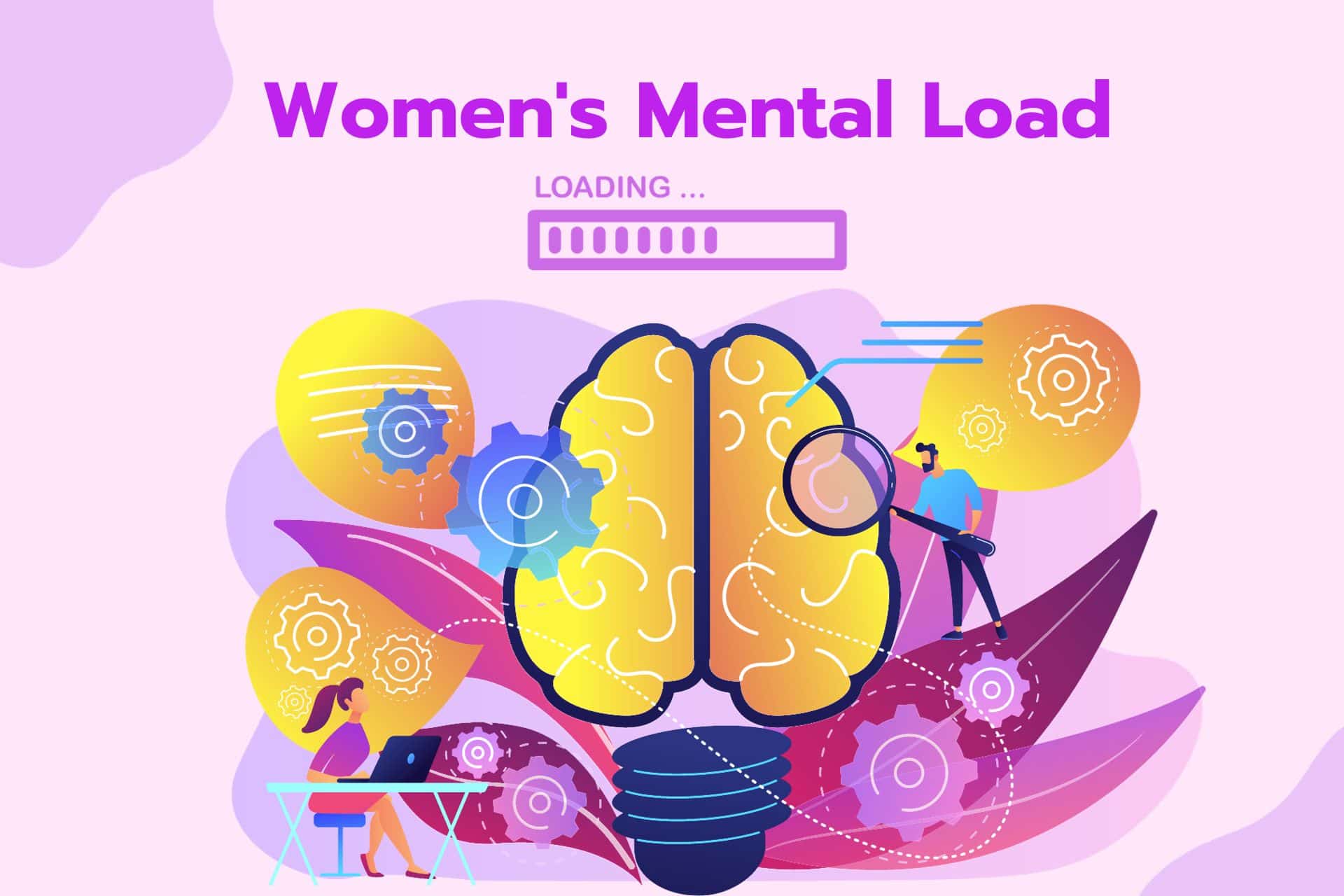How to Break Free from the Invisible Chains and Thrive!
Welcome to a space where understanding the ‘mental load’ isn’t just a concept but a shared experience. You’re not alone if you’ve ever felt like your mind juggles a never-ending list of tasks, responsibilities, and worries.
The term ‘mental load’ resonates deeply with many of us, particularly women who find themselves balancing numerous roles. Here, we recognize and empathize with this silent burden and bring expertise and insights to help you navigate and lighten it.
With a blend of relatable stories, research-backed strategies, and an empathetic ear, we’re here to guide you toward a lighter, more balanced life.
So, stay with us as we explore this journey together, understanding and tackling the mental load in a way that speaks directly to your experiences.
Let’s get started!
Here's What You Will Find

Key Takeaways
Women’s Mental Load
Identify the Load: Recognize the signs of an overwhelming mental load, such as constant worry and fatigue, to better manage your daily tasks and responsibilities.
Share the Burden: Don’t hesitate to delegate tasks and share responsibilities with family, friends, or colleagues to lighten your mental load.
Use Tools and Strategies: Implement practical tools like calendars, lists, and prioritization techniques to efficiently organize and reduce your mental load.
Seek Support: Remember, it’s okay to ask for help. Reach out to support networks, whether personal or professional, to navigate and ease the challenges of the mental load.
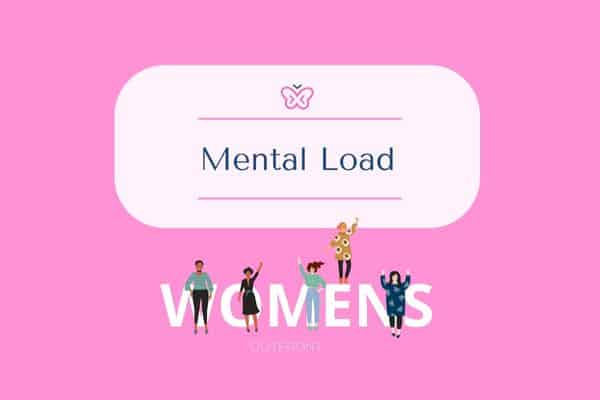
Understanding the Invisible Burden
The concept of ‘mental load’ often conjures up the image of an invisible backpack, uniquely heavy for women. This backpack isn’t filled with physical items but with an endless to-do list that encompasses everything from keeping track of family appointments to planning meals and juggling professional responsibilities. It’s a relentless mental exercise, a non-stop internal monologue that meticulously plans, organizes, and worries.
For many, this concept might be a revelation, a term that finally puts a name to the constant background hum of planning and organizing that dominates their thoughts. It’s crucial to understand that the mental load isn’t just about being busy or having a long to-do list; it’s about the emotional and mental energy of managing these lists.
This invisible labor often goes unrecognized, yet it’s a significant part of daily life, especially for women who traditionally take on the role of caretakers and organizers in both personal and professional spheres.
Recognizing the mental load is more than an acknowledgment; it’s a step toward understanding our limits and the need for balance. It’s about realizing that this hidden mental work can lead to stress, anxiety, and burnout if not managed properly.
By bringing this concept into the open, we can start a conversation about addressing and managing it, making it a shared responsibility rather than a silent struggle.
What Is Mental Load?
At its core, mental load is the ongoing management and organization of household and family responsibilities, alongside personal and professional duties.
Mental Load Definition
Mental load is the cognitive burden of constantly organizing, remembering, and managing everyday tasks and responsibilities. It often involves the invisible labor required to keep track of and coordinate the myriad details that ensure the smooth running of households, workplaces, and personal lives.
This concept is particularly relevant in discussions about gender roles, as women frequently bear a disproportionate share of this mental load, especially in managing household tasks and caregiving responsibilities alongside their professional commitments. The mental load can lead to stress and burnout, requiring continuous attention and mental effort, often without adequate recognition or support.
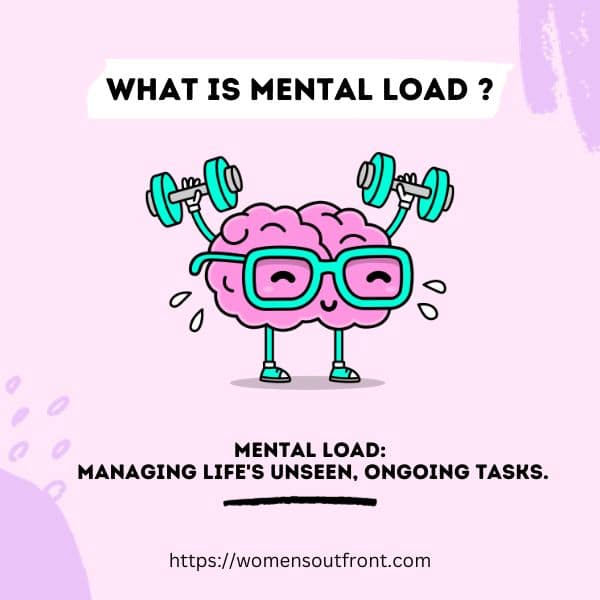
It’s not just about completing tasks; it’s about remembering, planning, and coordinating these tasks. This load becomes more pronounced for women, who often find themselves as the default home and family life managers, irrespective of their work commitments outside the home.
The significance of the mental load lies in its impact on well-being and quality of life. It’s not just a personal issue but a societal one. When the mental load is too heavy, it can lead to feelings of constant stress, a sense of never being able to catch up, and even resentment in relationships.
Understanding and acknowledging the mental load is a step towards a more equitable distribution of household responsibilities, improved mental health, and better support systems.
Examples of Mental Load in Everyday Life
Understanding mental load is easier when we consider specific examples many encounter daily. Here’s a list illustrating various mental load examples, highlighting the often unseen cognitive labor involved:
Family Health Management
The mental load of parenting, like keeping track of family health needs, such as scheduling doctor’s appointments, remembering vaccination dates, and managing medication schedules.
Meal Planning and Preparation
Deciding on weekly meal plans, grocery shopping, nutritional needs, and actual meal preparation while also accounting for family members’ preferences and dietary restrictions.
Children’s Education and Activities
Organizing children’s educational needs, including attending school events, homework deadlines, parent-teacher meetings, and extracurricular activities.
Household Organization
Managing household chores like cleaning schedules, laundry, repairs and maintenance, and stocking necessary supplies.
Financial Management
Handling bill payments, budgeting, saving plans, and other financial responsibilities, ensuring that all aspects of financial health are attended to.
Work-Life Balance
Juggling professional responsibilities with personal life involves coordinating work deadlines and meetings and balancing these with family time and personal commitments.
Social and Family Commitments
Remembering birthdays and anniversaries and organizing family gatherings or social events, including sending out invitations, planning the event, and coordinating with all parties involved.
Holiday and Travel Planning
Organizing family holidays or travel includes researching destinations, booking accommodations, planning itineraries, and packing for the family.
Each of these examples showcases how mental load encompasses a wide range of tasks and responsibilities, often requiring significant forethought, planning, and organization, which can be mentally taxing over time.
How Does Mental Load Affect Women Differently?
Mental load affects women differently, depending on their circumstances. For working mothers, it often involves a delicate balancing act between career, childcare, household chores, and family management.
Single women may bear the full weight of household management, including financial planning and everyday tasks, without a partner to share the load. Women in diverse family structures may face unique challenges, such as coordinating with multiple adults in the household or managing blended families.

Consider Sarah, a working mother of two. Her day doesn’t end with her professional work. She comes home to a second shift of managing her children’s needs, household chores, and planning for the next day.
Or Susan, a single woman who, besides her career, is solely responsible for her home’s upkeep, managing finances, and personal well-being. These examples highlight the diverse ways in which the mental load manifests and the shared burden that women across different walks of life carry.
Identifying the Overwhelming Mental Load
Key Signs of Mental Load to Watch For
Recognizing when your mental load is becoming too heavy is crucial for taking timely steps to address it. Here’s a list of key signs that indicate your mental load might be overwhelming:
Persistent Feelings of Overwhelm
A constant sense of being swamped or unable to cope with daily responsibilities indicates an excessive mental load.
Difficulty Concentrating
Struggling to focus on tasks at hand or being easily distracted can overload your mind with too many thoughts and worries.
Chronic Fatigue
Despite getting adequate sleep, feeling tired all the time can be a sign that your mind is working overtime, leading to mental exhaustion.
Irritability or Mood Swings
If you find yourself getting irritable or experiencing mood swings over seemingly small matters, it could be a reaction to an unmanageable mental load.
Sleep Disturbances
Trouble falling or staying asleep, often due to a racing mind, is a common symptom of carrying too heavy a mental burden.
Neglecting Self-Care
When the mental load is overwhelming, self-care routines are often the first to be neglected, exacerbating feeling overwhelmed.
Awareness of these signs is the first step in managing your mental load more effectively. Recognizing them early can help you take action to reduce the load and improve your overall well-being.
For instance, Emma found herself increasingly irritable with her partner over seemingly minor issues – a clear sign that her mental load was becoming too much to handle. This recognition is crucial as it’s the first step in seeking help and making changes.
5 Strategies to Manage and Reduce Mental Load
Navigating the complexities of mental load, especially for women, can feel like an uphill battle. However, this load can be managed and even reduced with the right strategies, leading to a more balanced and fulfilling life.
Here are five effective strategies designed specifically to help women better manage and reduce their mental load. Each approach offers practical and achievable steps, ensuring you can reclaim control over your daily routine and mental space.
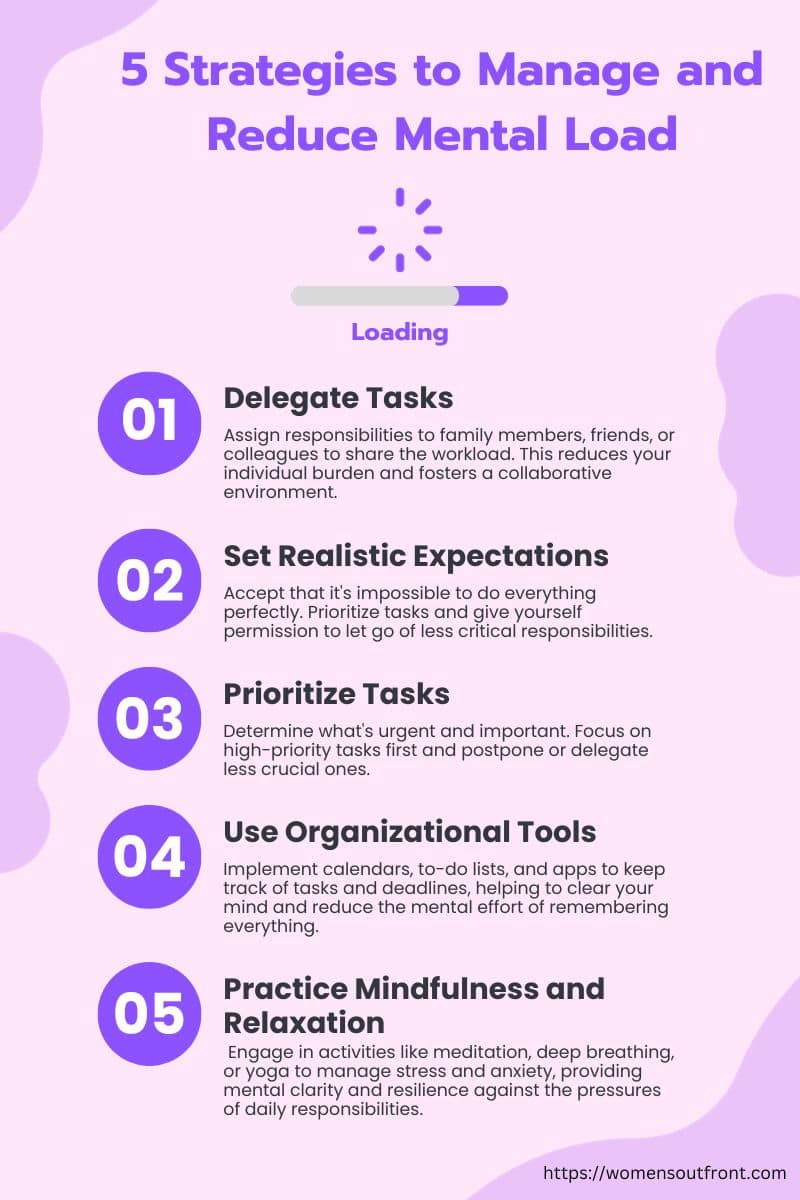
Let’s explore these strategies and see how they can bring about a significant positive change in managing everyday challenges.
Delegate Tasks
Share the burden by delegating responsibilities. This can involve assigning specific household chores to family members, splitting caregiving duties, or even distributing tasks among colleagues at work. Delegation helps ensure that the mental load is not concentrated on one person, fostering a more balanced environment.
Prioritize and Organize
Focus on what’s most important and urgent. Use tools like planners, digital calendars, and to-do lists to keep track of tasks and deadlines. Prioritizing helps manage your time and energy more effectively, ensuring you’re not overwhelmed by handling too many things simultaneously.
Set Boundaries
Establish clear boundaries between work and personal life. This might mean turning off work emails after a certain hour or dedicating specific times to family or self-care. Boundaries help in preventing burnout and ensuring that you have time to recharge.
Utilize Technology and Tools
Embrace technology that can help manage and organize tasks. Apps for scheduling, reminders, budgeting, and meal planning can take some mental load off by automating or simplifying these tasks.
Seek Support and Communicate
Don’t hesitate to express your needs and ask for help. Communicating with your partner, family, friends, or even a professional can provide emotional support and practical solutions. Sometimes, sharing the load means letting others know when you’re overwhelmed and need assistance.
Another effective approach is using tools and technology to ease the mental load. This can range from using apps for organizing family schedules to setting reminders for important tasks and appointments. It’s about using your resources to create a system that supports your mental well-being.
How to Share the Mental Load
Sharing the mental load, especially in a household or partnership, is crucial for reducing stress and promoting a more balanced life. Carrying the mental load in a relationship often means one partner disproportionately handles the invisible labor of planning, organizing, and managing the household and family’s needs, which can lead to imbalance and stress in the partnership.
Here are some effective ways to distribute this cognitive burden:
Open Communication
Begin with an honest conversation about the mental load and how it’s currently distributed. Discuss how both partners can take on different responsibilities to balance things more fairly.
Joint Planning Sessions
Regularly schedule time to plan and organize household tasks together. This could involve weekly meetings to discuss upcoming tasks, divide responsibilities, and check in on ongoing projects.
Use of Lists and Tools
Utilize shared calendars, to-do lists, and reminder apps. This ensures that both parties are aware of upcoming tasks and deadlines, making it easier to manage responsibilities collectively.
Educate and Empathize
If one partner is less aware of the extent of the mental load, it’s important to educate them about its impact. Sharing articles, books, or other resources can help create understanding and empathy.
Recognize and Value Each Other’s Efforts
Regularly acknowledging each other’s contributions can foster a positive environment where sharing the mental load is valued and appreciated.
Flexibility and Patience
Understand that achieving a perfect balance is challenging. Be patient and flexible as both partners adapt to new roles and responsibilities.
By implementing these strategies, couples and families can work towards a more equitable distribution of the mental load, leading to improved relationships and individual well-being.
Empowering Stories
Women Successfully Handling Their Mental Load
Hearing about women successfully managing their mental load is inspiring and enlightening. These stories not only provide practical strategies but also offer hope and motivation.
For example, consider Jessica, a project manager and mother of three, who implemented a family calendar system where each member contributes to household tasks. This lightened her load and fostered a sense of responsibility and teamwork in her family.
Then there’s Margie, who runs her own business. She faced burnout from trying to manage everything alone. By learning to delegate tasks to her team and setting clear boundaries between work and personal time, she improved her mental well-being and her business’s productivity.
These stories show that while the mental load is a challenge, it’s not insurmountable. With the right strategies, support, and mindset, it is possible to find a balance and thrive.
Creating a Supportive Environment to Lighten the Mental Load
Reducing the mental load on women isn’t just an individual effort; it requires a supportive environment. Partners, families, and workplaces all play a crucial role in this. Open communication is key. This could mean having honest discussions with your partner about sharing household responsibilities or with your employer about workload and expectations.
Creating a supportive network can also involve seeking out or establishing community groups, online forums, or local meetups to share experiences and strategies. It’s about finding your tribe – a group of people who understand what you’re going through and can offer support and advice.
Mental Load and Mental Health
What Does Science Say?
Research shows a clear link between mental load and mental health. Studies have found that the constant juggling act can lead to stress, anxiety, and even depression. The mental load, especially when it feels unmanageable, can take a toll on mental well-being.
However, it’s also important to recognize when professional help is needed. If the mental load is leading to persistent feelings of overwhelm, anxiety, or depression, seeking support from a mental health professional can be a crucial step. Therapy, counseling, and support groups are valuable resources for managing mental health and finding ways to deal with the mental load effectively.
Frequently Asked Questions
How can I tell if my mental load is too much?
Signs include feeling overwhelmed, constant worry, irritability, and an inability to relax or switch off.
What are some effective ways to manage my mental load?
Strategies include delegation, prioritization, using organizational tools, setting boundaries, and seeking support from others.
Can mental load affect my physical health?
Yes, chronic stress from mental load can lead to physical symptoms like headaches, fatigue, and sleep disturbances.
Can men have a mental load?
Yes, men can also experience mental load, as it pertains to the cognitive burden of managing, organizing, and planning various aspects of life, which is not exclusive to any gender and can affect anyone taking on significant responsibilities in their personal or professional lives.
How do I let go of my mental load?
Letting go of your mental load involves a combination of strategies: delegating tasks to others, setting realistic expectations for yourself, prioritizing tasks based on importance, using tools like calendars or apps for organization, practicing mindfulness or relaxation techniques to manage stress, and importantly, acknowledging that it’s okay not to manage everything perfectly.
This approach helps reduce the mental burden and promotes a healthier balance between responsibilities and personal well-being.
Embracing the Journey: Women and Their Mental Load
In navigating the complex terrain of women’s mental load, we’ve explored the challenges and the empowering steps toward managing this intricate aspect of our lives.
Remember, you’re not alone in this journey. The mental load is a shared experience among women, an invisible thread connecting us in our daily struggles and triumphs.
We encourage you to share this post with other women who might be grappling with their mental load. By spreading awareness and solutions, we can collectively lighten this load and pave the way for more balanced lives. And remember, our journey doesn’t end here. Explore other related articles for more insights and strategies.
If you have any questions or need further assistance managing your mental load, please get in touch with us. We’re here to support you in this journey, offering guidance and understanding at every step.
Together, we can transform the challenge of the mental load into an opportunity for growth and empowerment.
More on Emotional Wellness

Emotional Reappraisal: Discover the Life-Changing Art of Flipping Your Emotional Script!

5 Easy Steps to Create a Wellness Routine That Works for You!
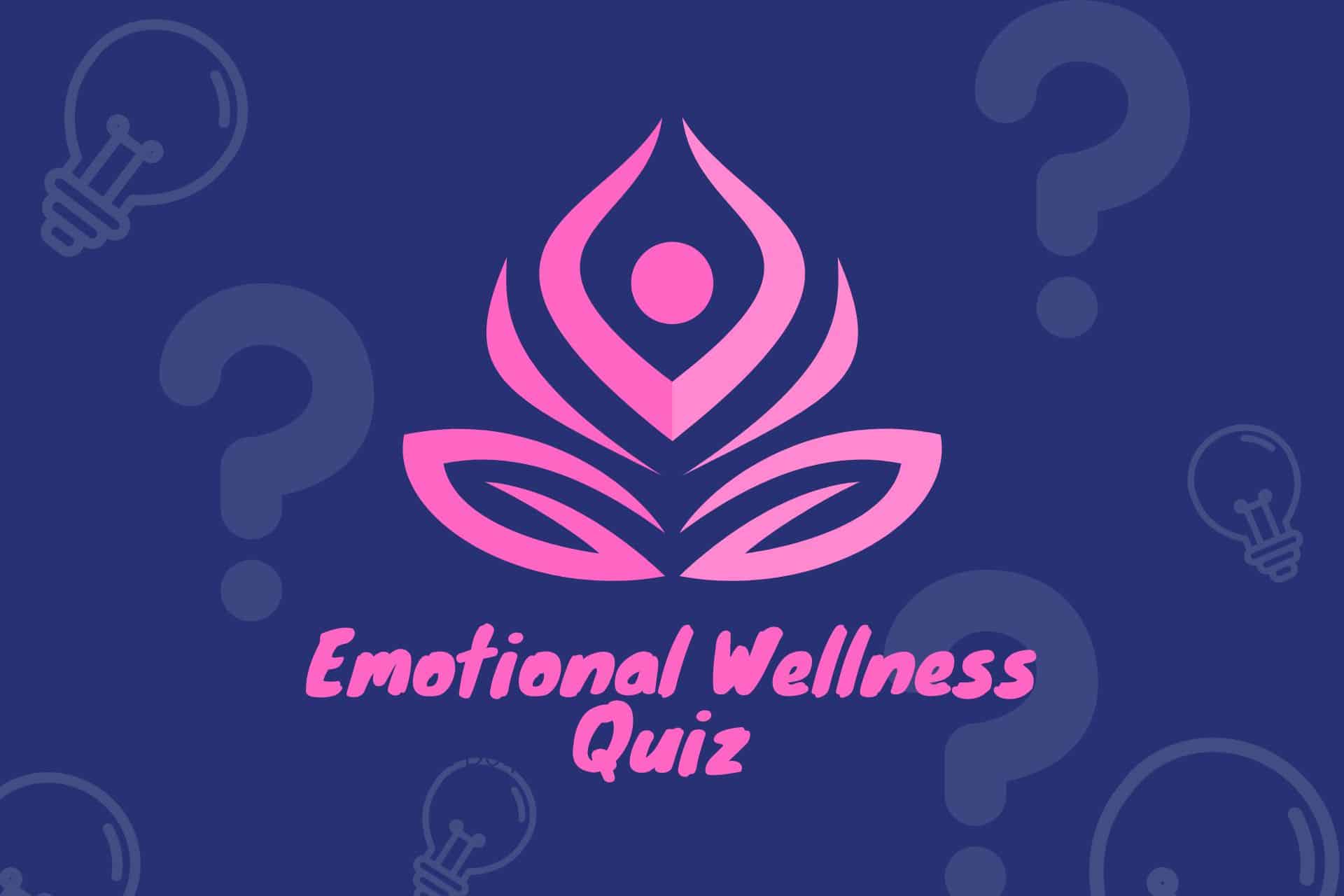
Emotional Wellness Quiz: Are You as Emotionally Healthy as You Think?
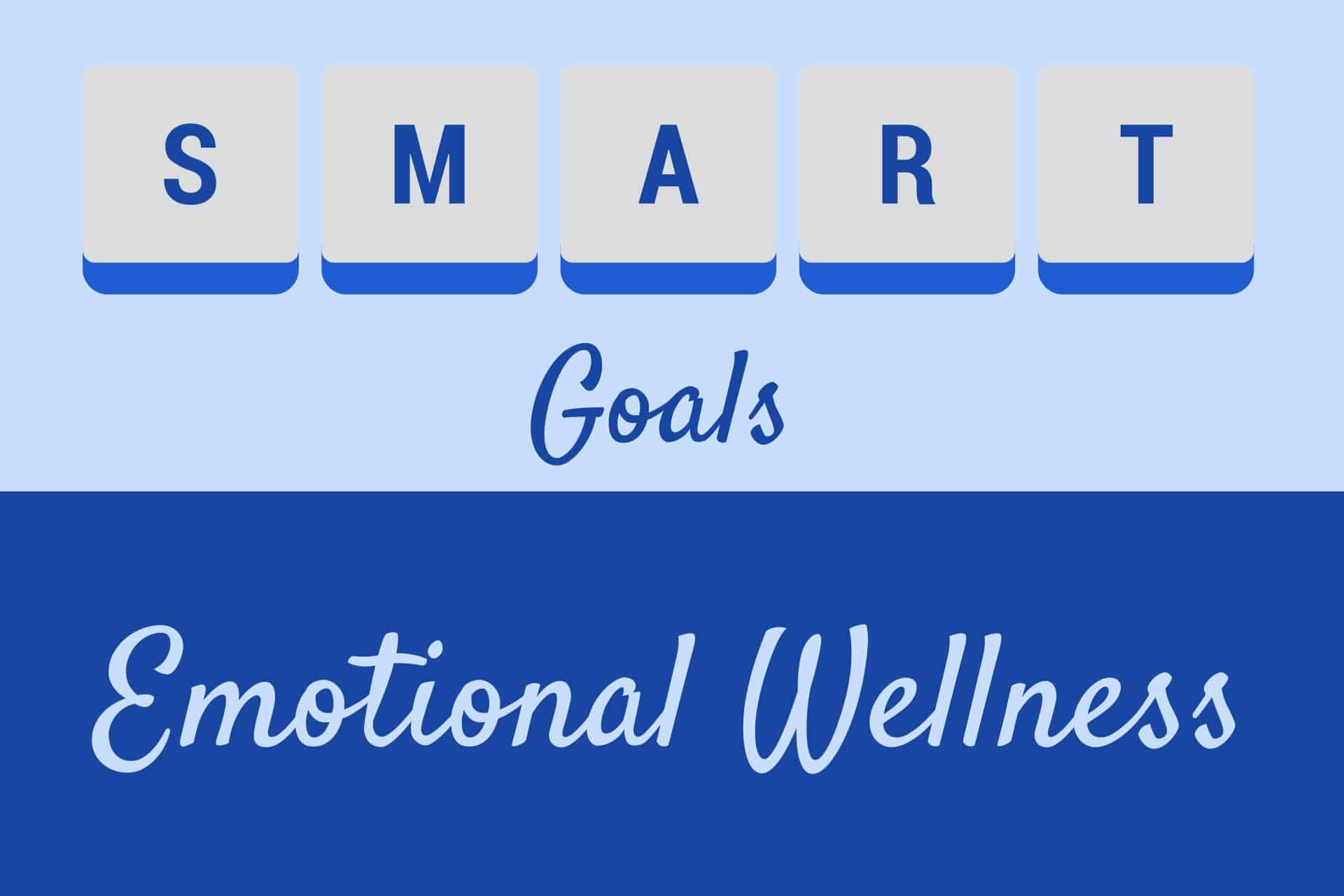
Smart Goals for Emotional Wellness That Actually Work!
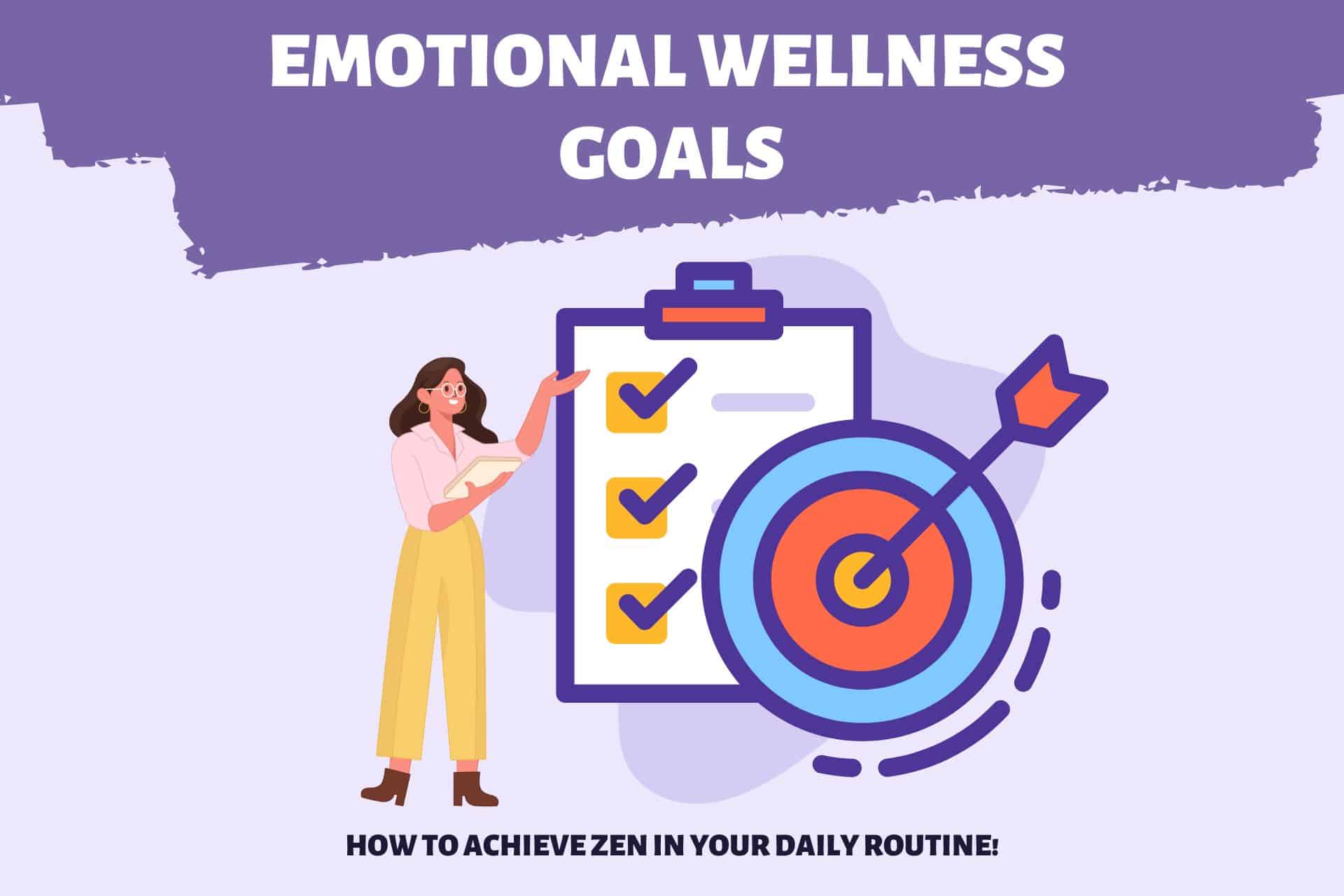
Emotional Wellness Goals: 8 Easy Steps to Unleash Happiness!

Discover the Difference Between Mental and Emotional Wellness: Uncover the Secrets to a Happier, Healthier You!

10 Emotional Wellness Activities: The Surprising Key to Boosting Your Happiness and Productivity!
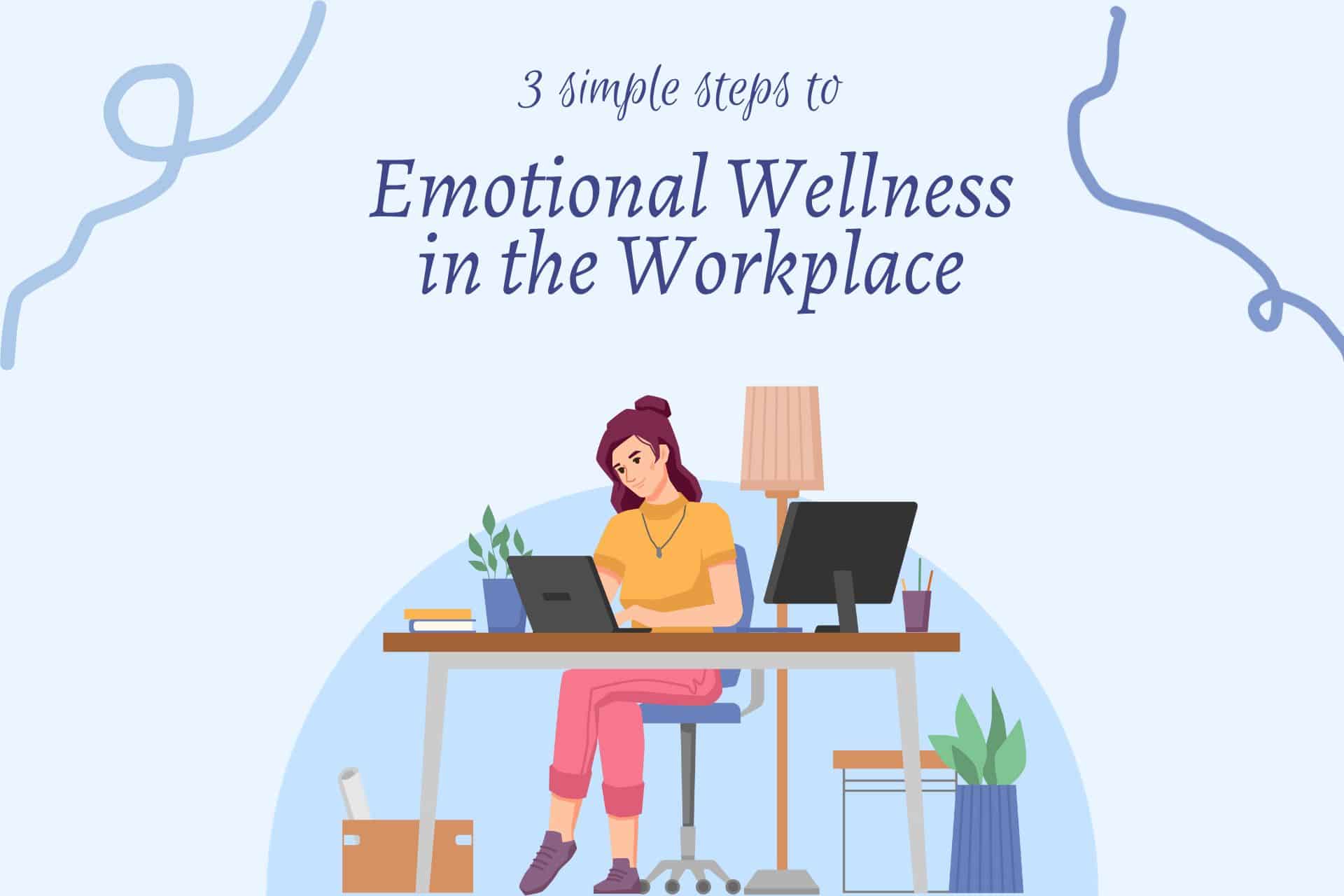
Emotional Wellness in the Workplace: The Game-Changing Strategies Every Woman Needs to Know!
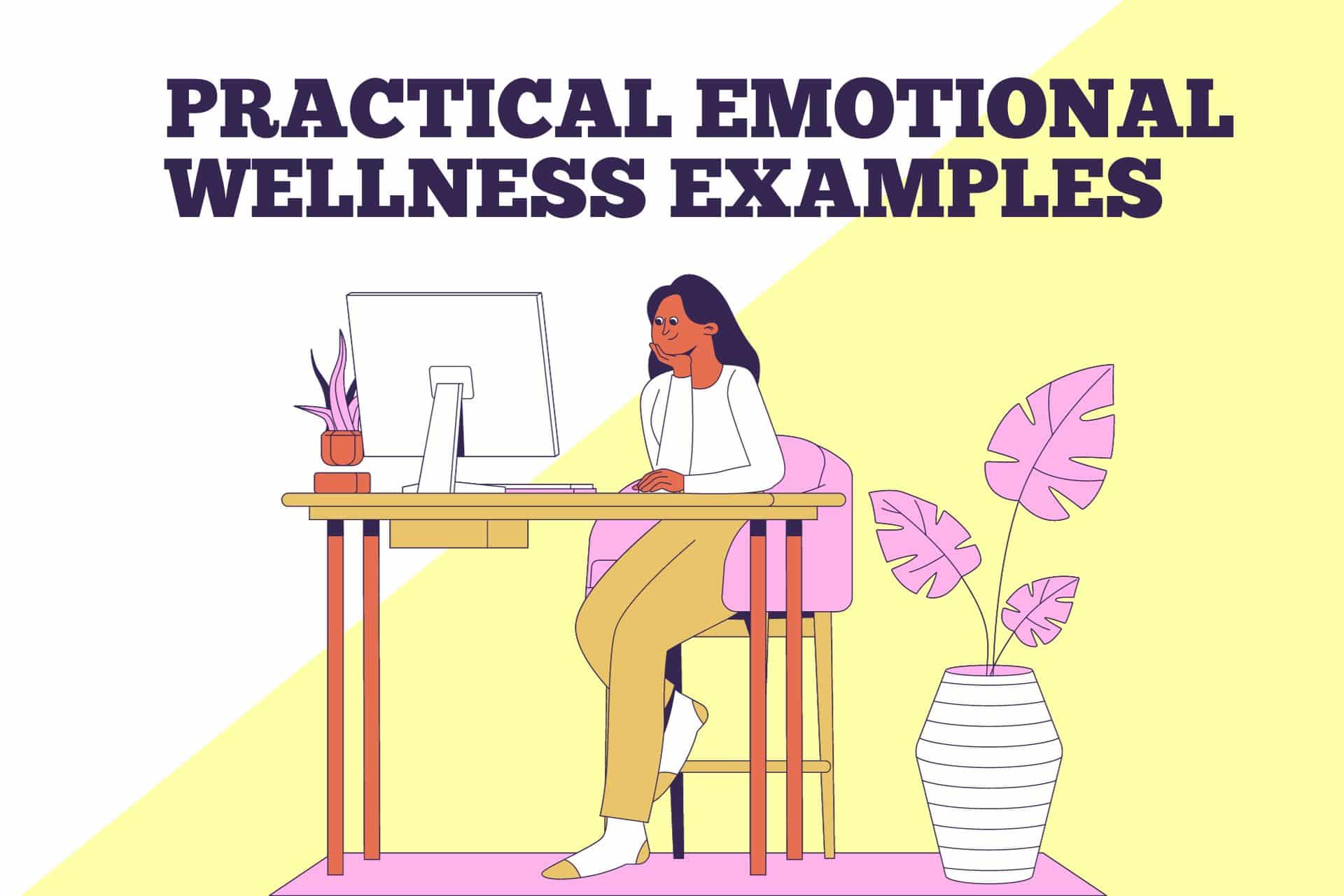
20 Practical Emotional Wellness Examples and Inspiring Stories
Related Articles
Emotional Resilience Revealed: The Ultimate Guide to Bouncing Back Faster Than Ever!
What Type of Therapy Do I Need Quiz: Discover the Surprising Therapy Perfect for You!
How to Find the Right Therapist: Surprising Strategies to Connect with Your Ideal Mental Health Ally!
Relaxation Paradox: What to Do When Trying to Relax Stresses You Out!
Emotional Reappraisal: Discover the Life-Changing Art of Flipping Your Emotional Script!



